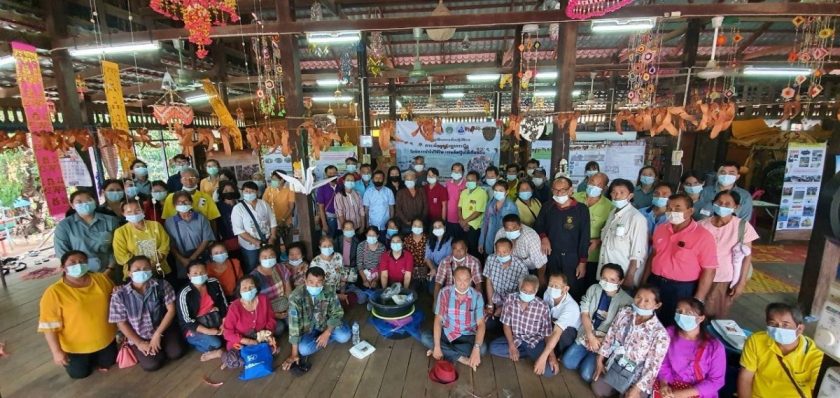
On 4 April 2021, Khon Kaen University’s Faculty of Agriculture held a workshop called “Adding value to buffalo manure through vermicompost production,” under the U2T Project for Sustainable Development at Mueang Phia Subdistrict, Ban Phai District, Khon Kaen Province. Prof. Patcharapron Phumchantuk and her working group led the project. The workshop used technology provided by Khon Kaen University’s Learning and Research Development Center on Earthworms for Agriculture and the Environment, headed by Asst. Prof. Chuleemas Boonthai Iwai, one of the workshop’s honorable speakers. The ultimate purpose of the workshop was to increase the value of buffalo manure, a plentiful resource in the community, in order to increase income among community members.

The workshop was initiated after a survey of the Mueang Phia area was conducted by Prof. Patcharapron’s working group. The survey identified the district as having an agricultural economy, with main livelihoods of rice farming, cotton and mudmee silk handcrafting, brackish water fishing, and cow and buffalo ranching. They found that parts of the area were characterized by saline land, limiting certain agricultural activities to the rainy season when there are lower levels of salinity. Some areas of the district are adjacent to a large water source, the beautiful Kaeng Lawa Lagoon. The lagoon is used for local fishing practices, and the surrounding area for livestock grazing, especially buffalo. The 2,000-plus buffalo are raised to sell, and farmers also sell their dung in fertilizer sacks, getting a price of only 20-30 baht per sack.

The workshop was held at Wat Pho Chai, a temple located in the subdistrict. Thanks to PR and coordination carried out with the helpful collaboration of community leaders from the subdistrict’s administrative organization, the leader of the subdistrict, and the village chiefs, more than 100 participants from 14 villages attended the workshop. The workshop was divided into 2 main parts:
- In the lecture portion of the workshop, topics related to vermicompost production technology, including its origin and importance, outputs and benefits derived from raising earthworms, its applications, organic compost made from earthworms, and market values of earthworm manure production. Other topics related to the fertilizer production process, covering the lifecycle of earthworms, earthworm species that are popular for making earthworm manure, production time requirements, and the necessary materials and equipment for raising earthworms. Workshop participants were active and showed interest throughout the lectures.
- In the practice portion of the workshop, Asst. Prof. Chuleemas and her team of assistants led a demonstration of the steps for raising earthworms so that participants could get a clear picture of how it is done. Participants were divided into smaller groups so that everyone would have the opportunity to try the activities. At the end of the training, each participant received a set of materials, equipment, and earthworms, allowing them to continue on with the activity in the long-term. Participants were very interested in this part of the workshop.

Community members who participated in the workshop were extremely cooperative. A working team was set up to be responsible for following up with community members who continued to raise earthworms. The team will collect data on the number of earthworms raised, create a marketing plan, develop a market for the product, and found a farmers’ group for raising earthworms in the future. This will help to increase the income of community members, as determined by U2T goals.




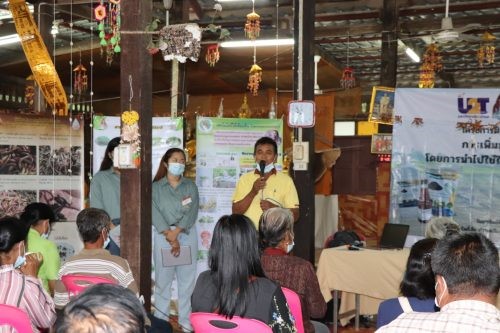
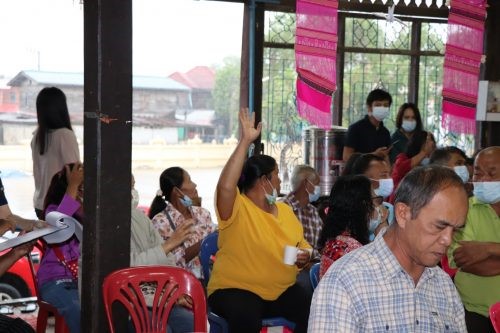
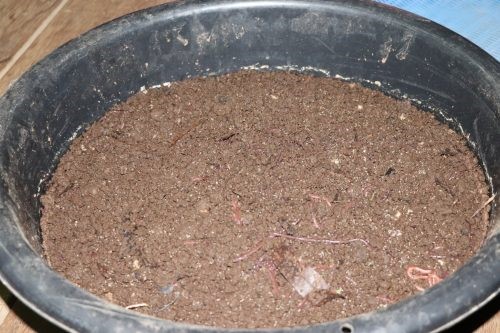
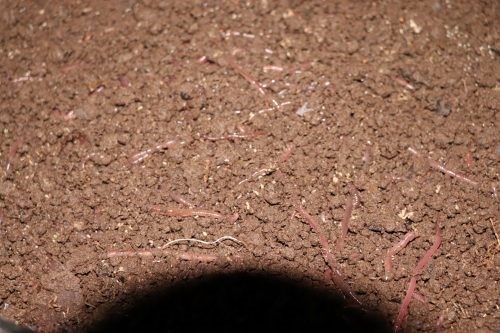
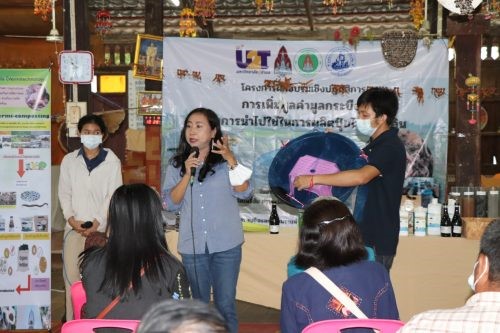
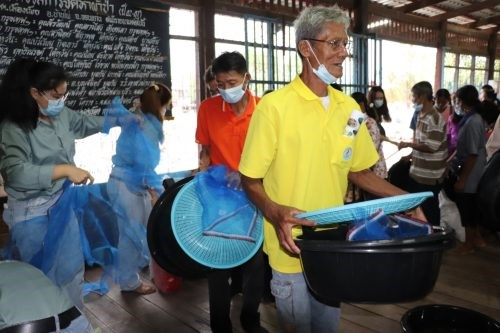
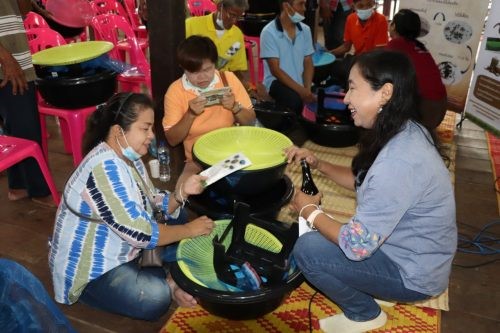
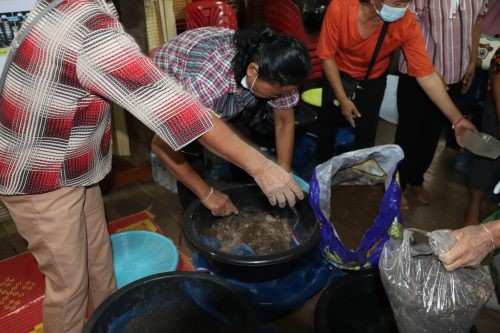
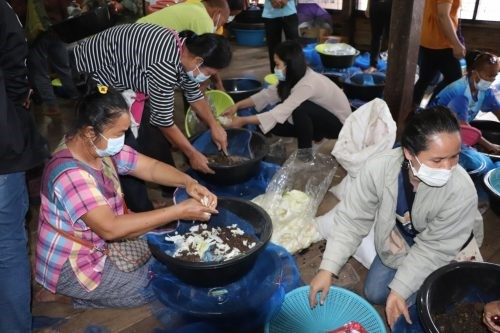
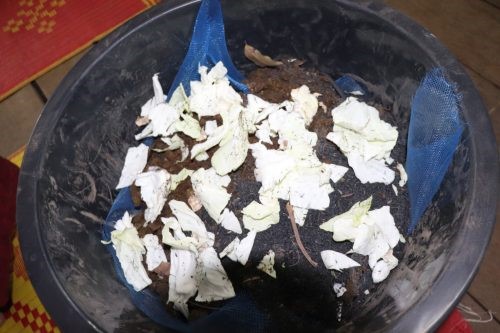
U2T Faculty of Agriculture, Khon Kaen University/ 26 April 2021


